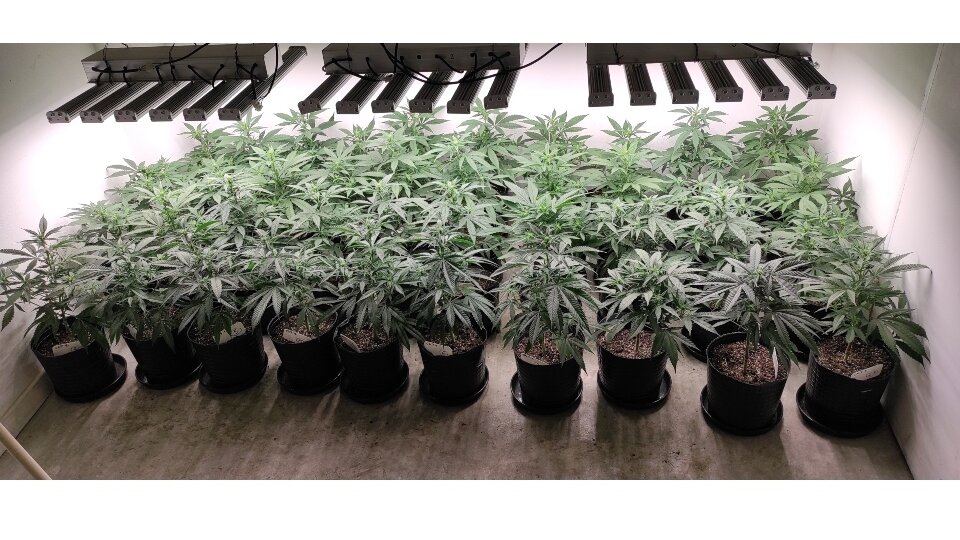
After several years of work and research, the Universidad Nacional de la Plata (UNLP) will dictate the first postgraduate degree in Prescription and Research of Medicinal Cannabis. The new proposal, which will begin in September, will be aimed at doctors, veterinarians and dentists. As for the curriculum, it will address the issue of cannabis from the ethical, legal and academic aspects, according to Saül Flors, deputy director of the postgraduate course and lecturer at the University.
The training will be provided by the Faculty of Medical Sciences of the UNLP and will have three central axes: the first will be linked to the regulatory framework at national and provincial level, on the one hand, and, on the other, to the bioethical principles of cannabis; the second axis is related to the current state of knowledge about the endocannabinoid system, as a further response to current alternatives; and the last axis is linked to cannabis research, with its experimental designs and the quality of its evidence.
In recent years, the use of cannabis oil as a medicinal alternative has had great visibility and, consequently, great demand. Faced with this, the University noted the need to generate awareness and knowledge in the face of its consumption, as well as the diagnosis.
In a dialogue with the University Supplement, Flores explained that the aim of the Postgraduate course is to “strengthen and accompany” professionals in the extension of knowledge, in order to carry out an “appropriate” prescription.
“We want professionals to have the necessary tools and skills to indicate cannabis for any pathology, but we also think it is important for this professional to be introduced to research,” said Flowers.
Another relevant aspect, within the research proposed by the postgraduate course, is the possibility of obtaining specific data in relation to which type of cannabinoid corresponds to each population. In this regard, Flores specified that research in populations serves because it reflects characteristics linked, for example, to food, which is an important factor when indicating a product with cannabis.
Despite the high demand for oil and the long struggles of different mother organizations seeking to grow cannabis for later oil production without being penalized, there is also a great lack of information regarding the effects of the same.
In the tender of interests for its legalization was left a lot of relevant information that would help raise awareness about its application in some pathologies. In this regard, the teacher said that the implementation of this initiative will help to give “clarity” to everything related to oil intake and “will stage” many issues that people oppose, despite not knowing them.
Finally, Flores said that the new proposal did not surprise the educational community, as the subject has been under research for many years within the University.
“It’s a necessary thing because it’s one more contribution to ensuring safe access to mitigation, from cannabis,” he concluded.
The postgraduate course will begin in September, will take place virtually and will be taught until July 2022.